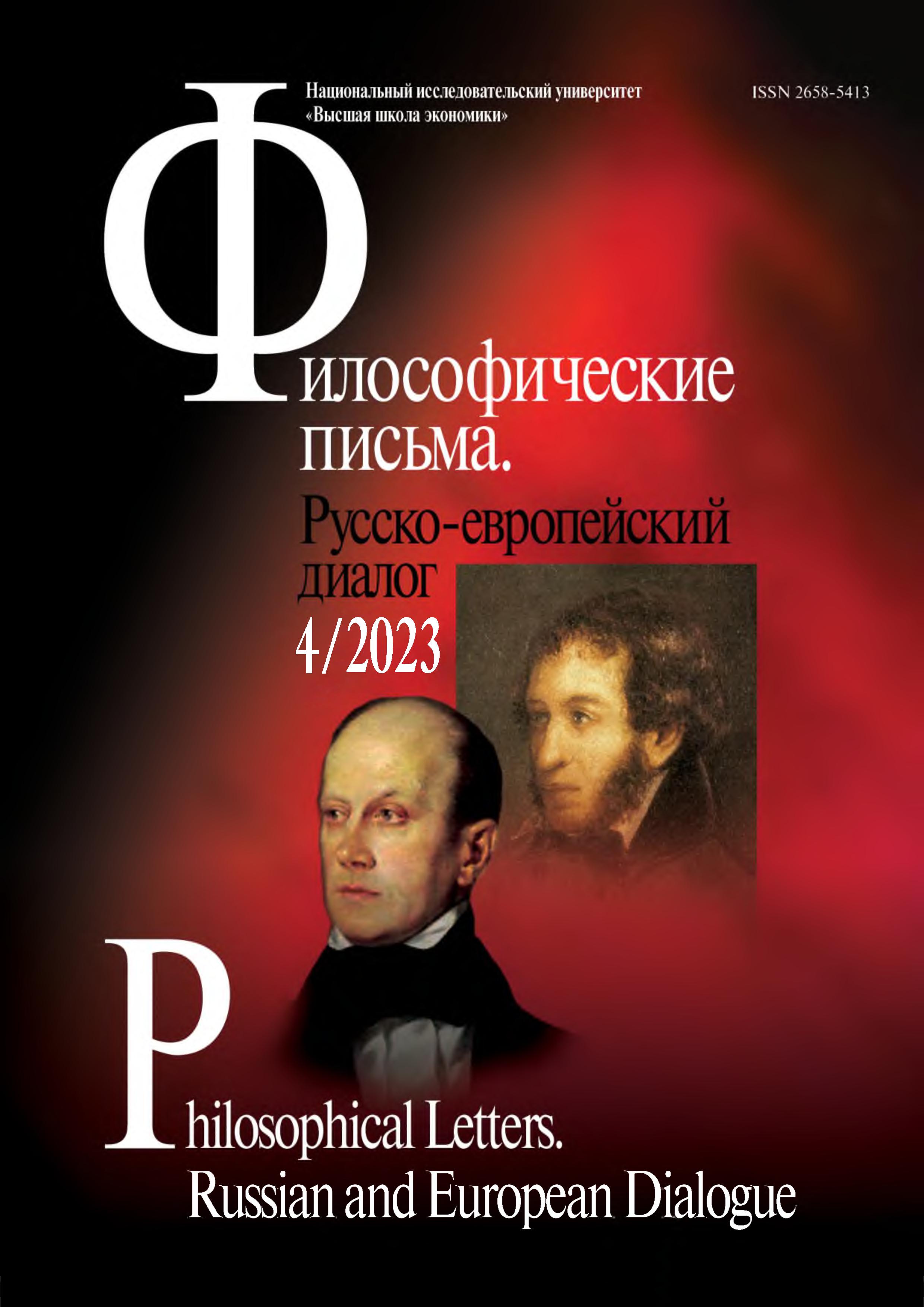'This is a matter affecting a state, that has its own laws': Ekaterina, Pugachev, Voltaire
Abstract
The article is devoted to the analysis of the event history of Russia of the 2nd half of the 18th century, its actors, first of all, Catherine the Great, who ruled the empire for 34 years. The opportunity to compare the well-known material of the internal and external history of the state with the assessment of current events in the correspondence of the Empress with Voltaire, etc. intellectuals of Europe give a “personal” perspective in understanding as its main internal antagonist in the preservation of the state — Pugachev, who rebelled against the authorities and ravaged the southeastern lands of Russia 1773-1774 (two years earlier, Russia had experienced a Plague Riot), as well as in the further legal and economic transformations of the empire carried out by it. However, there were also external antagonists: Russian statehood from Peter to Catherine acquired the status of a European enlightened monarchy, which worried Europe, which did not want to include a new political participant in the ensemble of old relations with their own history. Ekaterina, realizing this, said that Russia is not loved because it is so big. Turkey, as a new participant, was used against Russia. Attention is drawn to the monetary support of the Western states of Emelyan Pugachev and the top of the rebels. The difficult and not immediately successful victory of Catherine and her support of the nobility raised questions of further legal improvement of Russia before the Empress. An important problem, the author concludes, was the civilizational development of the lands annexed to the empire (population growth: from 19 to 36 million). Catherine's project, and, above all, the city reform, had not only territorial, legal and structural, but also cultural and educational significance for the further development of the state and its “legitimate” component.

